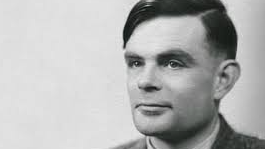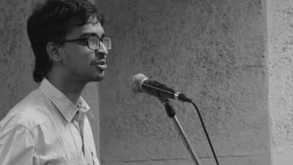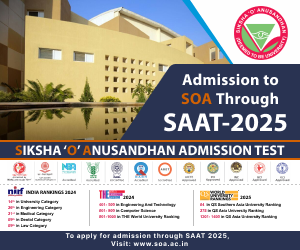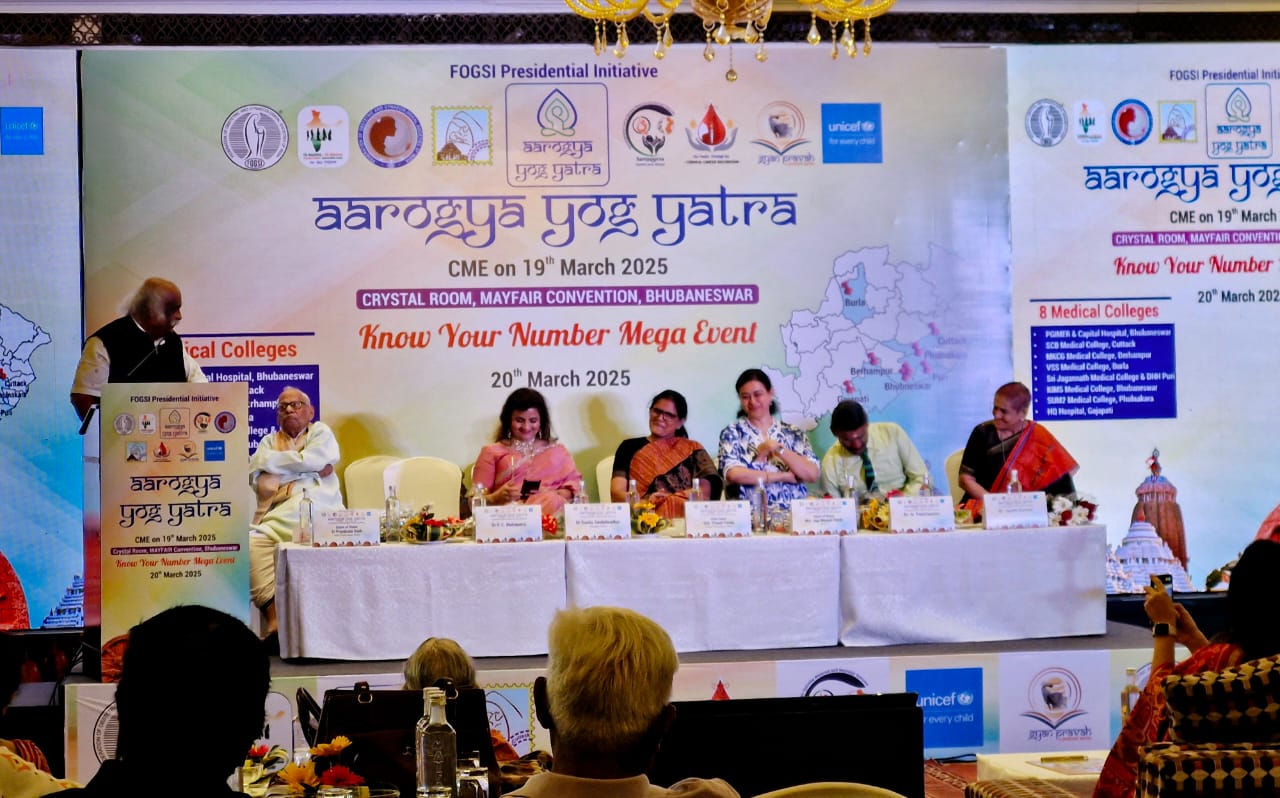
Freedom fighter Baji Rout's birthplace Bhuban in Dhenkanal is also Asia's largest village; know more about the place here

IPL 2025: Google CEO Wakes Early for 14-Year-Old Vaibhav Suryavanshi Historic RR Debut

IPL 2025: Reduced Pace bowling becomes a Potent Weapon Against Batsmen Who Commit Too Early

Pet Care: Know why your Dog Can't Resist the Trash Bin and How to Stop It

Rise, shine & rule: INWEC Women’s Business Mela 2.0 set to empower womenpreneurs in Bhubaneswar!
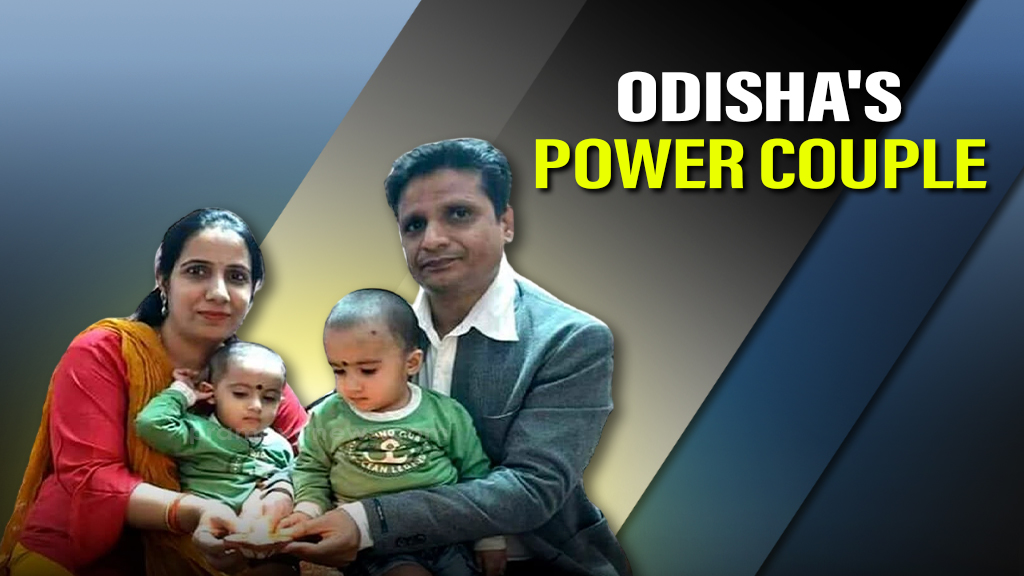
Odisha doctor couple brings Re 1 clinic to Sambalpur's underprivileged

India's Agri Exports Provide cushion to FY25 Trade Balance but FY26 Trade & Inflation depends on Rainfall

Hormone-Free Male Birth Control Pill YCT-529 Shows promising results

Meet ‘Dog man’ of Odisha-Puspanka Banerjee

This Indian train offers free meals for passengers

Nature's Air Conditioner: Why Deomali Peak is Odisha's Perfect Summer Escape

Odisha Rasagola vs Banglar Rasgulla: "When You Claim Ownership of a Food, You're Claiming a Piece of History", food historians, netizens chip in

"Just walk out, the anger will stay for 5 mins": MS Dhoni on how he handles heated moments on and off the field

75% men are more loyal to their barbers than partners: New study reveals startling stats; read here for more
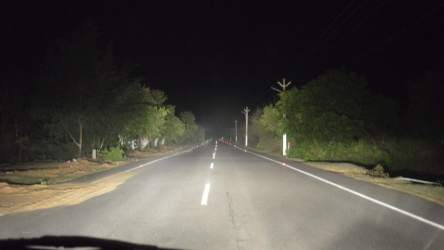
"My Camera Captured What My Eyes Couldn't See": Photographer's Paranormal Experience on Puri-Konark Road

From sacred offerings to holy chants; Odisha observes Pana Sankranti & Hanuman Jayanti

Blood of the Goddess: The Mysterious Red Waters of Kamakhya Temple
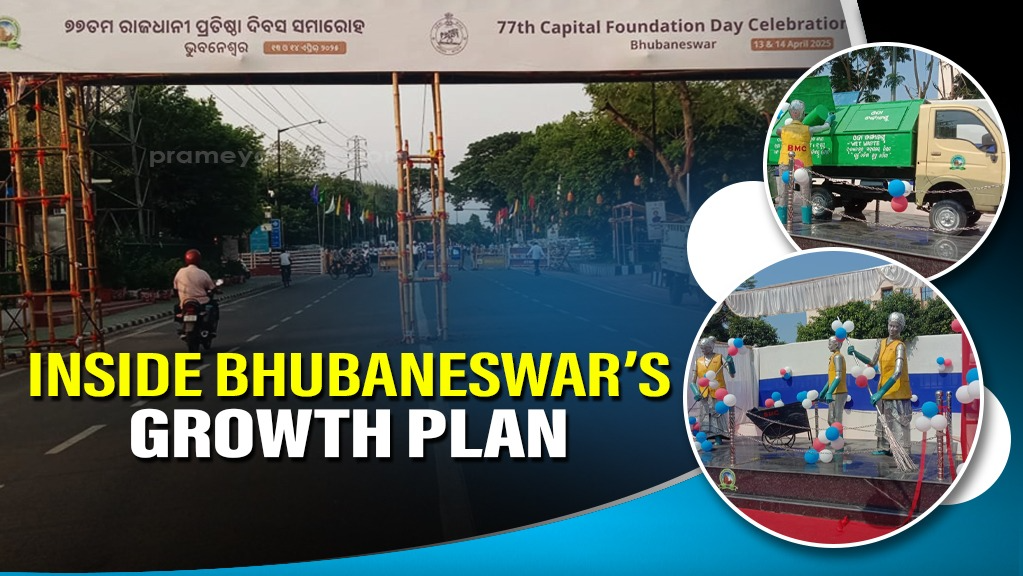
Shaping Bhubaneswar for Future: Inside the City’s Development Plan and Intended Strategy

Toyata Vellfire Hybrid: A Business Class Luxury on Road – whether to Office or a Weekend Vacay
